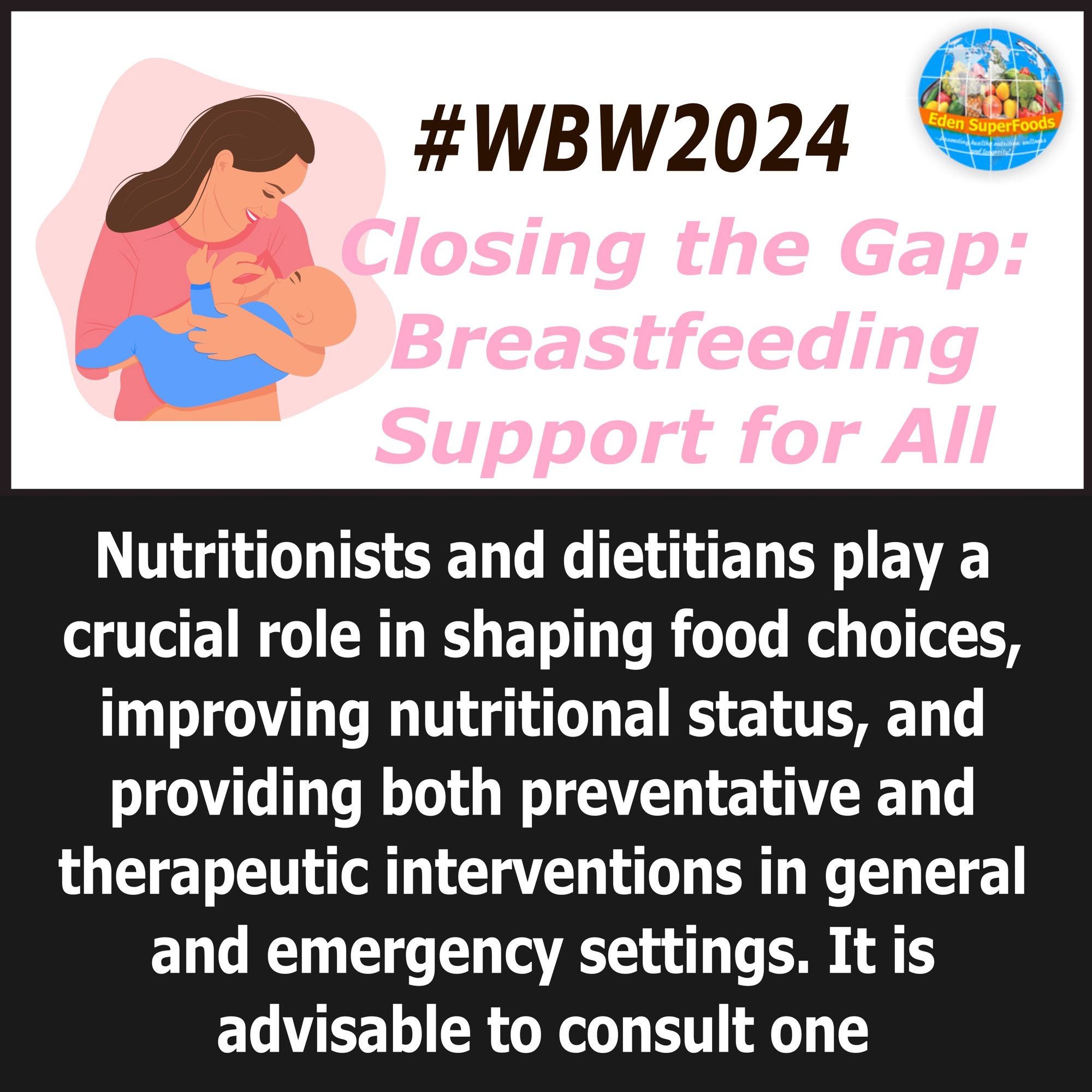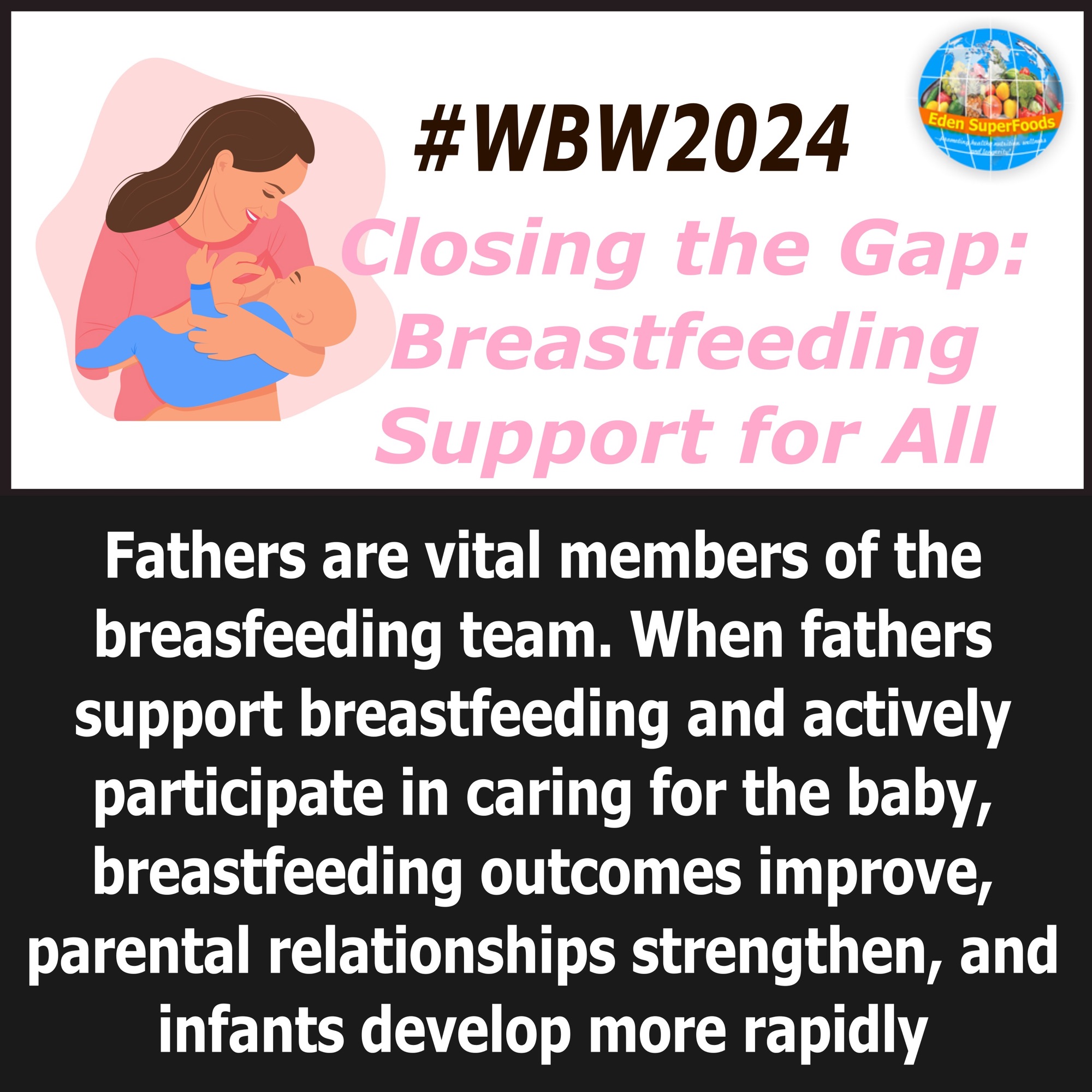Breastfeeding is a natural and essential process for nourishing infants. It provides numerous benefits for both the baby and the mother. Here are some key points about breastfeeding:

- Nutritional Benefits:
- Breast milk is uniquely tailored to meet the nutritional needs of a growing baby. It contains the right balance of proteins, fats, vitamins, and minerals.
- Colostrum, the first milk produced after birth, is rich in antibodies and helps protect the baby from infections.
- Health Benefits for the Baby:
- Immune System Boost: Breast milk contains antibodies that help strengthen the baby’s immune system, reducing the risk of infections and illnesses.
- Digestive Health: Breastfeeding promotes healthy gut flora and reduces the risk of gastrointestinal issues.
- Brain Development: The fats in breast milk support brain development and cognitive function.
- Reduced Risk of Allergies: Breastfed babies may have a lower risk of developing allergies and asthma.
- Health Benefits for the Mother:
- Uterine Contractions: Breastfeeding helps the uterus contract after childbirth, reducing postpartum bleeding.
- Weight Loss: It burns calories and helps mothers lose pregnancy weight.
- Reduced Risk of Breast and Ovarian Cancer: Long-term breastfeeding is associated with a decreased risk of these cancers.
- Bonding: The physical closeness during breastfeeding fosters emotional bonding between mother and baby.
- Challenges and Support:
- Latch Issues: Proper latch is crucial for effective breastfeeding. Seek guidance from a lactation consultant if needed.
- Engorgement: Breasts can become swollen and painful when milk production increases. Regular feeding or pumping can help.
- Sore Nipples: Ensuring a correct latch and using lanolin cream can alleviate soreness.
- Breastfeeding Positions: Experiment with different positions (e.g., cradle hold, football hold) to find what works best for you and your baby.
- Duration and Frequency:
- Exclusive Breastfeeding: The World Health Organization recommends exclusive breastfeeding for the first six months.
- Complementary Foods: After six months, introduce solid foods while continuing to breastfeed.
- On-Demand Feeding: Babies feed frequently, especially during growth spurts. Trust your baby’s cues.
Remember that breastfeeding experiences vary, and it’s essential to seek support from healthcare professionals, lactation consultants, and support groups. Every mother-baby pair is unique, and finding what works best for you and your little one is essential.
If you have specific questions or need further information, consult a healthcare provider or a lactation specialist. They can provide personalized guidance based on your situation .




